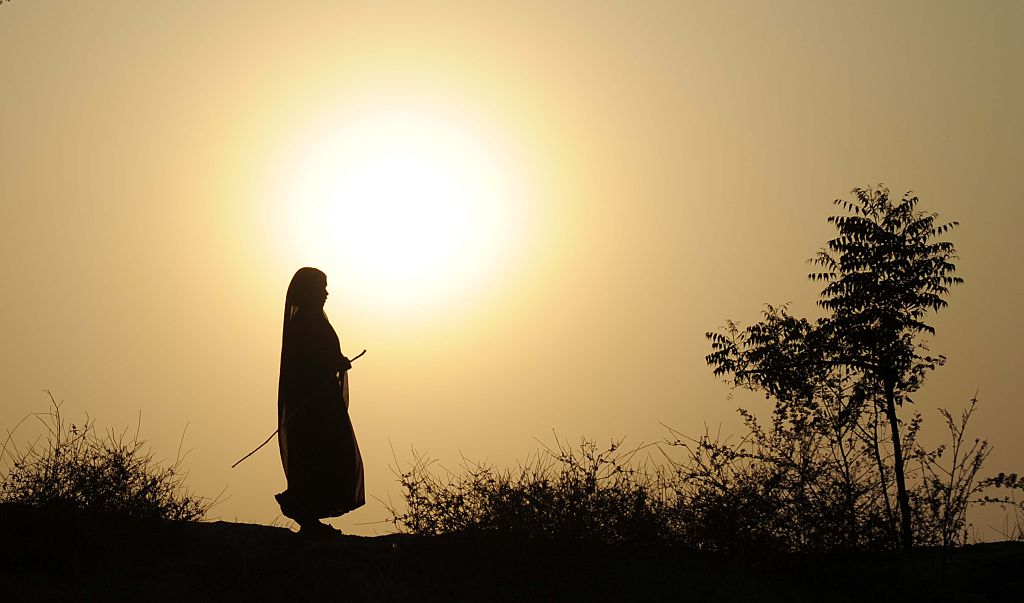This year’s Earth Day theme asks us to “Invest In Our Planet.” Indeed, the fate of humanity rests on where and how we invest, whether it is our attention, our money and our time.
At The Fuller Project, our coverage of climate change asks that you turn your attention to the stories of women.
Research tells us climate change does not affect everyone equally. The poor, the marginalized and those who depend on natural resources for livelihood suffer more when extreme weather brings droughts and floods.
The Intergovernmental Panel on Climate Change acknowledges that women shoulder disproportionate risk from the impacts of climate change. Of the 1.3 billion people living in poverty, 70% are women, and women account for more than half of the world’s food production, but own less than 10% of the land, according to the UN.
Looked at another way, if the women are closer to the problem, they are also closer to the solution. To meet the challenges of climate change, international bodies, governments and non-governmental organizations need to hear from women. Our reporting at The Fuller Project makes that plain.
If governmental officials in India had asked Renu Oli or Bimla Joshi about the wisdom of investing in millet as a climate resistant crop in the terraced fields of India’s Himalayan Uttarakhand region, both women would have said they were wasting their money. Oli and Joshi knew the millet wouldn’t grow amid rising temperatures and infrequent rainfall.
But the government didn’t ask. The free millet seeds from the government instead went to fodder for Oli’s cow.
Read the story here: On these women-run Himalayan farms, even climate-resilient crops are failing



